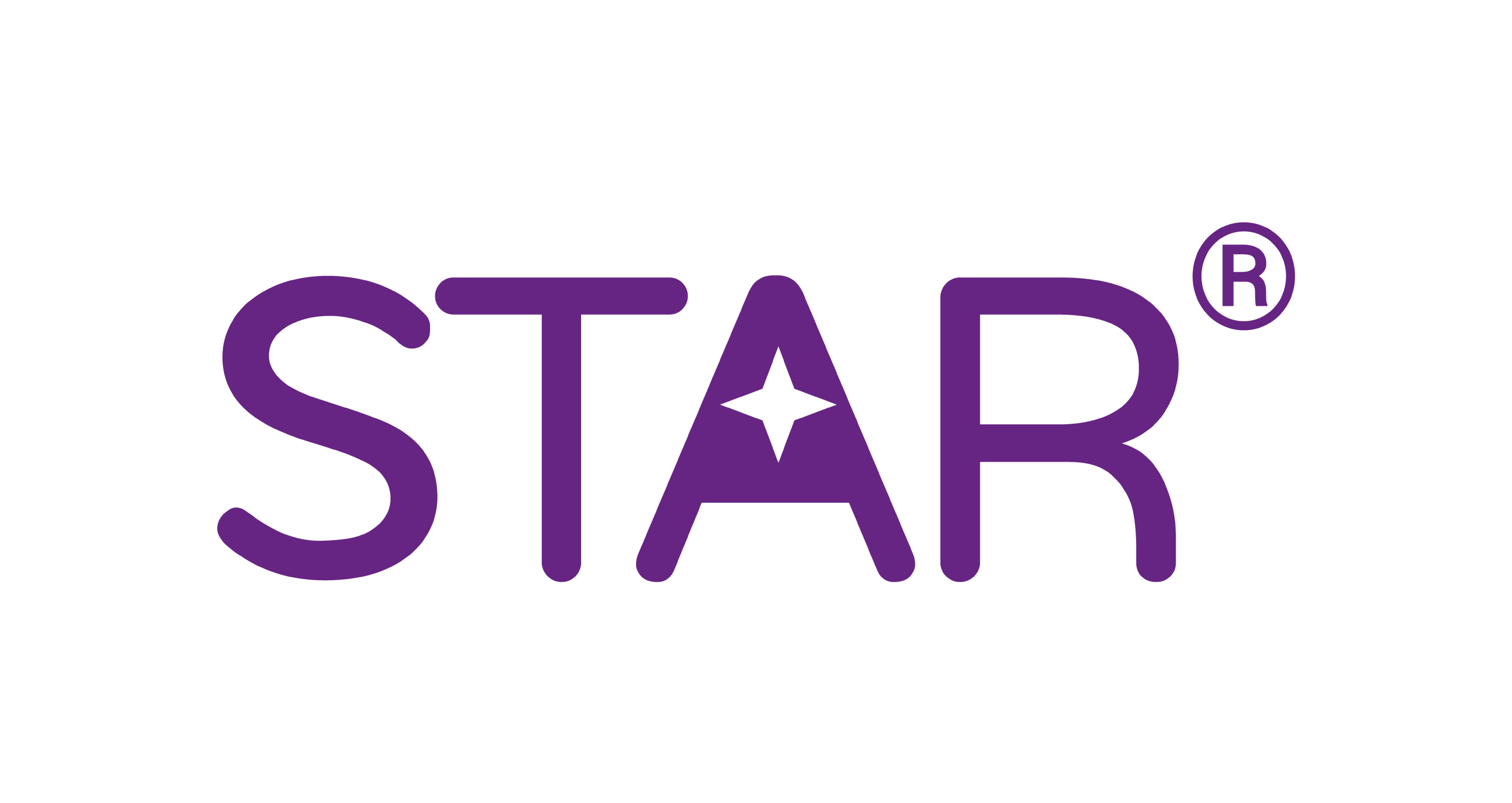
Asking your workforce to contribute even more could seem counterintuitive and plain wrong given the pressures everyone is still under. But to be successful in these difficult times it’s important for organisations to keep stepping up, innovating and striving to be the best they can be. This means that managers must find ways to help their teams to increase the frequency and quality of their contributions and to drive up productivity. What would you say if you could achieve this in a way that excited and motivated your team and even gave you 20 per cent of your time back…? That’s a day a week for you to do more of the work you really want to be doing.
One thing that might be holding people back from contributing to their full potential is the way in which managers typically engage with their teams.
While Covid may have brought productivity problems to a head, the writing was on the wall long before. In 2016, the Office of National Statistics drew attention to the role that poor management played in our productivity crisis noting that each 0.1 increase in their “management score” was associated with a 9.6% increase in productivity. This was later corroborated by the CBI who calculated that just a 7% improvement “in the quality of management” would generate an extra £110Bn for the UK economy.
It’s clear from these figures that the traditional command and control cultures that are still prevalent in so many organisations are no longer working and organisations are paying the price not only in talent retention but also in productivity.
The hierarchical, telling style of leadership which exists in these cultures works only to stifle performance and productivity by taking away opportunities for open communication and collaboration, hampering engagement and slowing down innovation and problem-solving. Because of this, employees are starved of opportunities to step up and managers get stuck in doing mode (even re-doing work that has already been done) and lack the time to focus on more important work. They might struggle to delegate and be far from being productive, their attention is divided and their priorities are compromised.
Conversely, when leaders cultivate more of a supportive environment, where ideas are allowed to flow, questions are encouraged and actions can be taken without undue scrutiny, they quickly see the results in terms of how engaged people are and what they’re prepared to contribute. This is achieved by taking more of a coaching approach to leadership.
It’s this ability to move from doing to coaching which could have the greatest transformational effect on productivity. By using an Enquiry-Led Approach (ELA®), the manager gives their team the chance to make sense of situations, understand their choices, prioritise, find solutions to problems and generate new ideas, which is ultimately more fulfilling and leads to higher levels of engagement and contribution.
But coaching programmes for managers haven’t really had the impact most organisations want and only 5.5% of leaders would describe their organisation as having a coaching style of leadership despite efforts to introduce coaching cultures.
This is because most coach training is based around typical coaching ideologies that don’t work as an established instrument for increasing organisational productivity.
However, Notion offers an alternative solution; a unique way of coaching known as Operational Coaching® that’s focused on changing managers’ everyday behaviours and helping managers to incorporate an enquiry-led approach (ELA®). In fact, Notion has proven that it’s the constant application of coaching behaviours by managers (not one-off conversations behind closed doors) that will really help unlock more and better contributions from teams, without putting extra pressure on them.
Increased Revenue
“I am using the skills to have weekly Operational Coaching® conversations with my sales team to specifically help them increase their closing rates. This has led to increased revenue this month of £100,000.”
Manager, Hospitality


Better Decisions with Bigger Benefits
“As a result of the programme I’ve started to ask more questions of the team. This has allowed my team to start thinking more for themselves, which has led to them making better decisions to benefit the business when I’m not there to support them. One example was making the decision to change maintenance exams to protect the availability of the fleet. This decision generated a business benefit that was valued at £15,000.”
Manager, Transport Sector
Successful Project Delivery and Budget Savings
“I identified a coachable moment during a meeting with a team member. The focus of the meeting was on a project that required planning, preparing, resourcing and budgeting. Successes include the project being signed off first time and the budgeted savings being achieved on time and in full, saving £40,000. The coaching approach also helped develop my team member to do more of this thinking and way of working on future projects with further potential savings.”
Continuous Improvement Manager, Food Sector


New Contracts and Increased Revenue
“I utilised my learnings from the STAR® programme to get into a coaching state and asked a series of powerful questions to help explore the areas they were struggling with. We talked through their limiting beliefs which resulted in being able to remove these barriers. The outcome – they closed a new contract with the client resulting in increased revenue for the company. Revenue Generation – £637,000”
Divisional Head, Technology Sector


Fewer Recurring Issues
“Previously, I was principally a ‘manager’ and a ‘doer’ because I would react to issues by resolving them in the short term, through application and instruction. The programme has taught me the value of coaching. Now I have less recurring issues because others feel empowered to think more broadly and resolve problems using their own techniques.”
Manager, Higher Education Sector
By using an Operational Coaching® approach leaders and managers start having highly effective coaching conversations in the moment and on-the-job and perceive every interaction as an opportunity to help their team members to step up and contribute.
In fact, a six-month study commissioned by the UK government (across 62 organisations in 14 sectors) and independently evaluated by the London School of Economics has proven that utilising an Operational Coaching® approach increases the time managers spend coaching by 70% and reduces the amount of time they spend doing, resulting in very positive outcomes in terms of increased engagement, retention, performance and productivity, including an average learner ROI of 74 times in less than six months.
So are you ready to develop the management behaviours you need to drive up productivity in your organisation?
For information about how Operational Coaching® can help your managers to drive productivity, call us for an informal chat on +44(0) 1926 889 885 or visit STARmanager.global to discover a quick and easy way to equip your managers with the Operational Coaching® skills they need.




